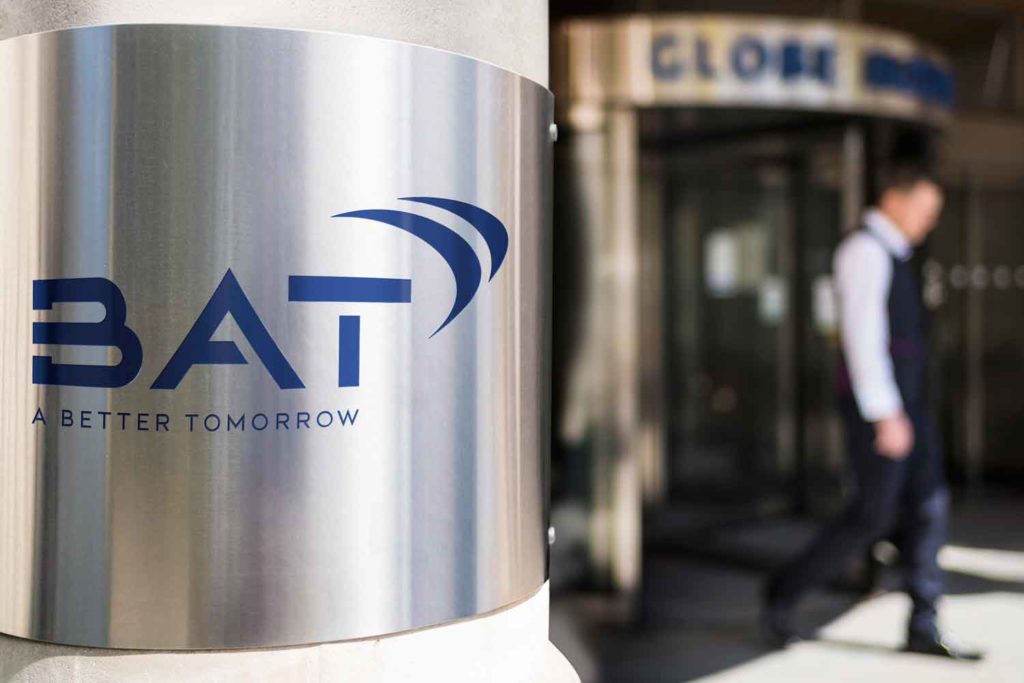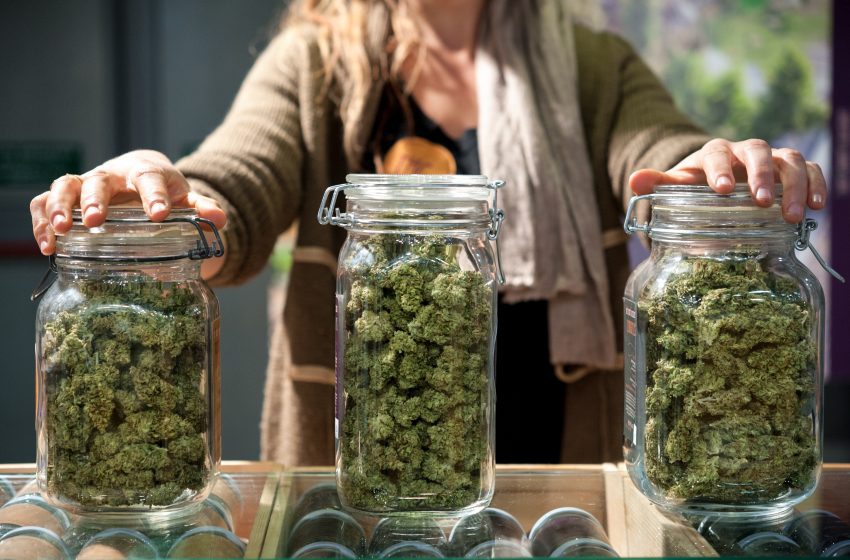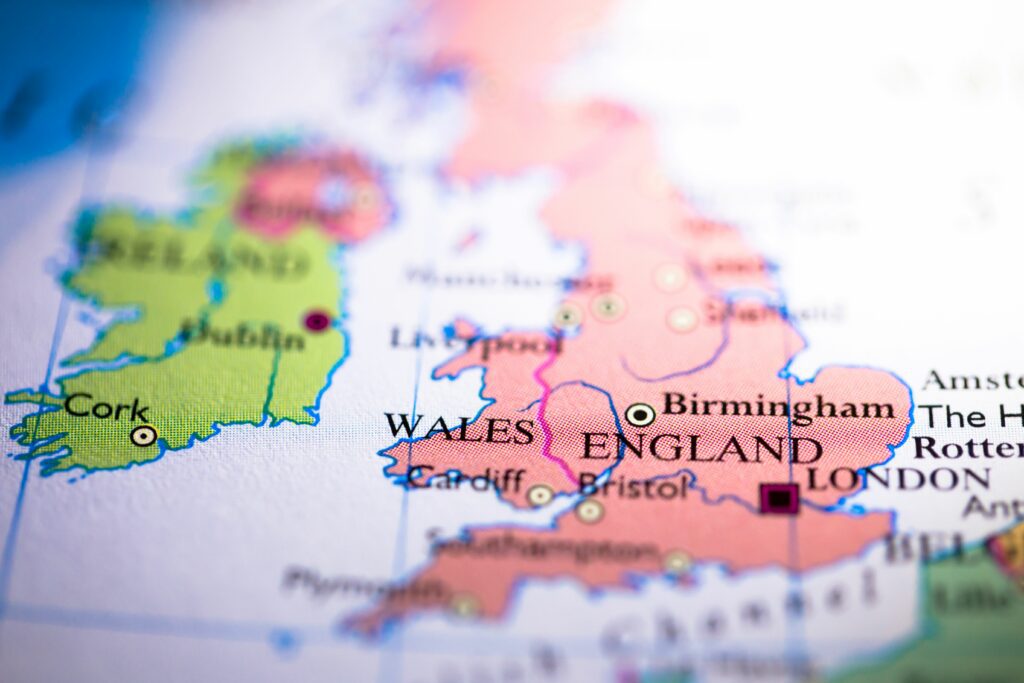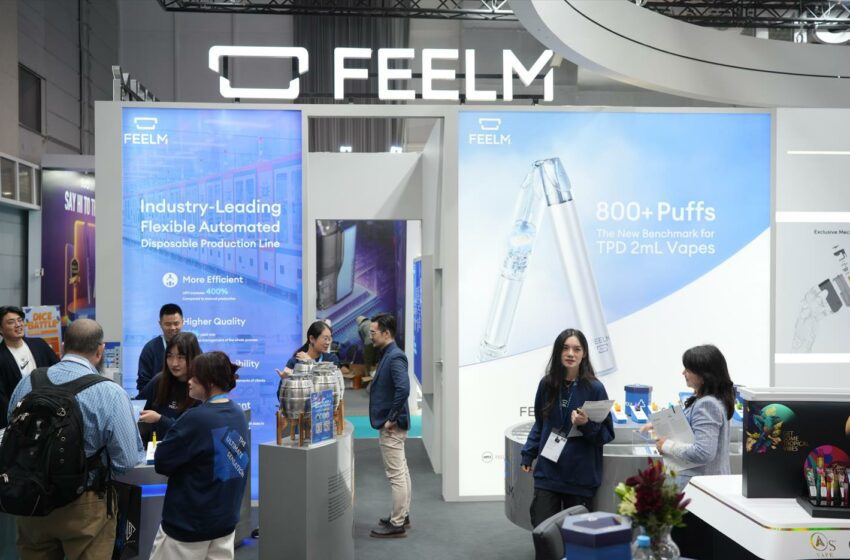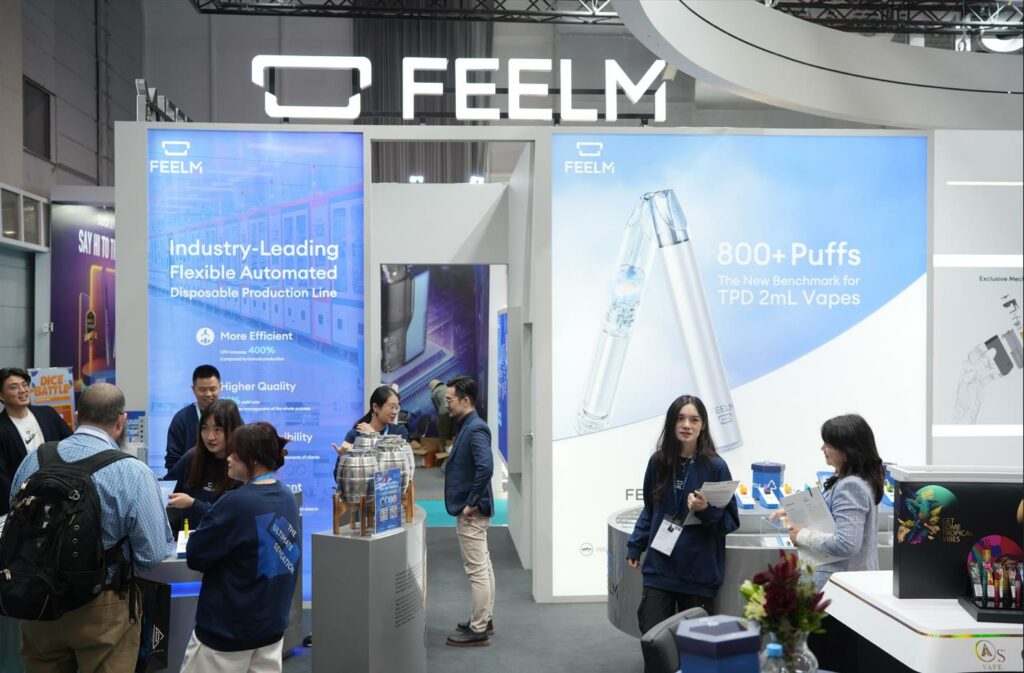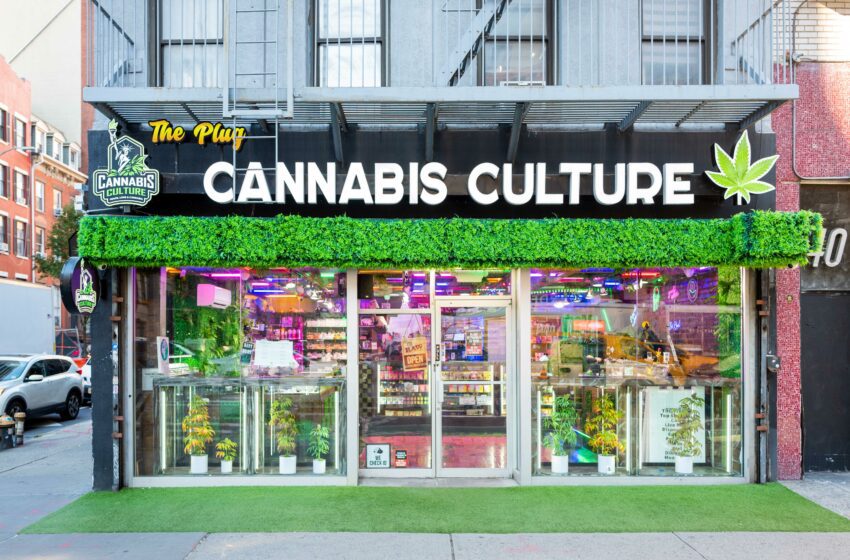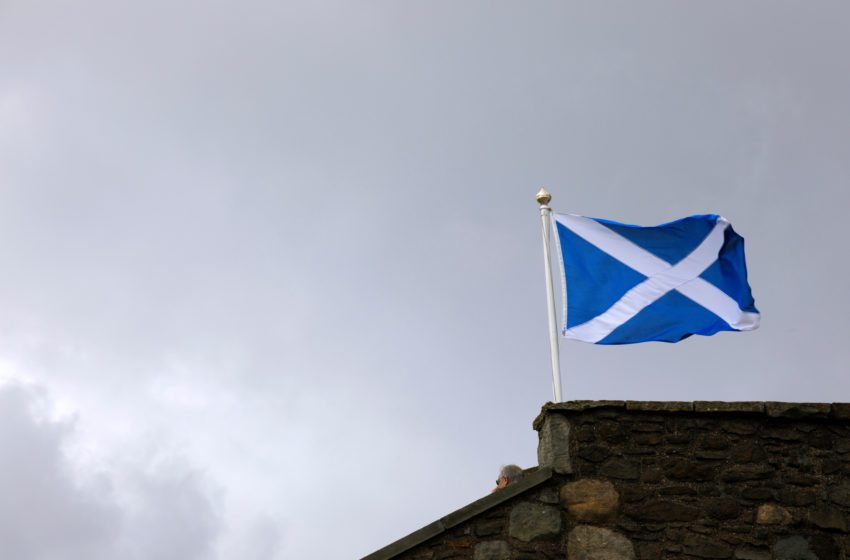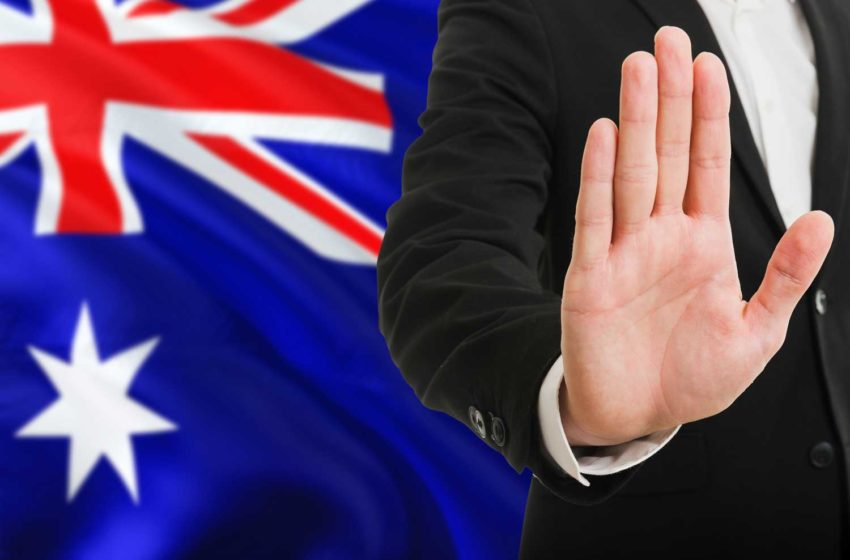By Jean Gonnell, Christina Sava and Nicholas Ramos (Troutman Pepper Hamilton Sanders Tobacco and Cannabis Team)
Across the United States hemp products seem to be everywhere. From corner stores to spas, one can find a hemp- or CBD-infused version of almost anything. Hemp and its derivatives are found in foods, cosmetics, hand-rolled cigarettes and vape pens. A new category of “intoxicating hemp products,” such as delta-8 THC products, have taken the hemp industry by storm. Although the market is vast, the regulatory landscape contains many pitfalls. Potential market entrants must carefully research the applicable laws, and take into account any federal-level risks, before deciding to invest in a hemp or hemp-derived products venture. This article reviews the legal status of hemp-derived products, including smokable hemp products, at the state and federal levels.
Marijuana and Hemp
Marijuana and hemp come from the same plant: Cannabis sativa L., or “cannabis” for short. Cannabis has a long history of industrial and medicinal uses, and only a short history of prohibition, which we now see unraveling. “Hemp” is the common term for cannabis with a concentration of delta-9 tetrahydrocannabinol (“THC”) of .3% and under, while “marijuana” is used to mean cannabis with a delta-9 THC concentration over .3%. Marijuana remains a Schedule I substance under the Controlled Substances Act (“CSA”). Hemp production, on the other hand, was legalized by the Agricultural Improvement Act of 2018, or 2018 Farm Bill. At that time, Congress removed “hemp” and “tetrahydrocannabinols in hemp” from the CSA’s definition of “marijuana.” Specifically, the 2018 Farm Bill defined “hemp” as “the plant Cannabis sativa L. and any part of that plant, including the seeds thereof and all derivatives, extracts, cannabinoids, isomers, acids, salts, and salts of isomers, whether growing or not, with a delta-9 tetrahydrocannabinol concentration of not more than 0.3% on a dry weight basis.” 7 U.S.C. § 1639o.
So, although they are technically the same plant, hemp and marijuana fall under completely different regulatory regimes, with a single cannabinoid – delta-9 THC – determining whether a cannabis plant or product is hemp or marijuana.
THC, CBD, and Other Cannabinoids
There are over 100 cannabinoids found in cannabis. Perhaps the most well-known of these are cannabidiol, or CBD, and delta-9 THC. CBD is considered non-psychoactive and generally prized for its therapeutic potential. Delta-9 THC has long been recognized as the cannabinoid that causes users to feel “high.” Since the 2018 Farm Bill, however, other psychoactive THCs, such as delta-8 and delta-10 THC, have been identified in cannabis. The “high” produced by delta-8 THC has been described as partway between THC and CBD, with relaxing body effects and a less-potent “head-high,” while delta-10 has been described as producing a more cerebral high akin to sativa strains of marijuana.
So why the boom in delta-8 and delta-10 THC products now? They can be derived from hemp. Although found in much lower quantities in hemp than other cannabinoids, manufacturers have found ways to chemically convert hemp-derived CBD into delta-8 and delta-10 THC. Even delta-9 THC is being converted from CBD, and manufacturers are adjusting product ratios to remain within the .3% limit. The Cannabis Regulators Association has called this the “0.3% loophole” and stated: “While the threshold of 0.3% delta-9 THC (tetrahydrocannabinol) by weight is a small amount of THC in a hemp plant, when applied to hemp-derived products (e.g., chocolate bars, beverages, etc.) which can weigh significantly more, 0.3% by weight can amount to hundreds of milligrams of THC. For example, a 50-gram chocolate bar at 0.3% THC would have around 150 mg of THC (30 times the standard 5 mg THC dose established by the National Institute on Drug Abuse).”[1]
The Drug Enforcement Administration (DEA) more or less gave the hemp-derived delta-8 industry a green light in a September 2021 letter to the Alabama Board of Pharmacy. The Board of Pharmacy inquired as to the control status of delta-8 THC under the CSA. DEA concluded that “cannabinoids extracted from the cannabis plant that have a [delta-9]-THC concentration of not more than 0.3 percent meet the definition of ‘hemp’ and thus are not controlled under the CSA.” Thus, so long as delta-8, delta-10, and other extracts are derived from a cannabis plant with less than 0.3% delta-9 THC, they constitute “hemp,” which is federally legal.
Notably, “synthetic tetrahydrocannabinols” remain a schedule I substance under the CSA. Some argue that because delta-8 and delta-10 are produced through a form of synthesis, they are Schedule I “synthetic tetrahydrocannabinols.” Regardless of this argument’s merit, this is not the position DEA has taken thus far, and we do not see any indication that they will suddenly take this position in the near future.
FDA Enforcement and the Future of CBD Regulation
Nonetheless, hemp-derived CBD and THC products are still not legal to be sold as a drug, dietary supplement, or food, according to the Food and Drug Administration (FDA). To the extent a manufacturer markets its delta-8 (or CBD) products as intended to affect the structure or any function of a consumer’s body, FDA’s position is that the product is an unapproved drug. In addition, “food” (almost anything edible that is not an approved drug or lawful dietary supplement) may not contain unapproved additives. Any form of CBD and THC are not approved food additives.
FDA has also concluded that THC and CBD products cannot be marketed as dietary supplements, because the definition of “dietary supplement” excludes active ingredients that have been approved as drugs or have been authorized for investigation as a new drug. THC and CBD are both active ingredients in at least one FDA-approved drug. Other parts of the hemp plant that do not contain THC or CBD might be available for use as dietary supplements, so long as manufacturers abide by related requirements, including notifying FDA.
And, FDA is watching the marketplace closely and taking enforcement action where it sees fit. FDA has issued numerous warning letters to companies selling hemp-derived CBD and THC products with impermissible health or therapeutic claims; for misbranding, such as lacking adequate directions for use; and for using these cannabinoids as an unapproved additive in foods, such as gummies, chocolate, caramels, chewing gum, and peanut brittle. The agency has also published a general health warning for delta-8 products.
Industry and regulators alike have been anticipating some kind of regulatory action by FDA, but it appears this is yet far off. In January of this year, FDA determined that it does not have the appropriate regulatory pathway to regulate CBD products and called on Congress to pass legislation creating a new pathway separate from the food, drug, or dietary supplement pathway. Despite this regulatory uncertainty, sales of CBD products in the U.S. continue and could reach as high as $20 billion by 2025.
States and Hemp-Derived Products
Given the lack of federal standards and delta-8 and delta-10 (and likely other THCs’) psychoactive effects, state lawmakers are taking action to regulate products containing these extracts. At least 22 states have restricted or banned the sale of delta-8 THC products, while others are in the process of reviewing the cannabinoid’s status. One common way states are doing this is by limiting the total concentration of THC a product can have, rather than mirroring federal law and limiting only delta-9 THC concentrations. In Colorado, lawmakers have passed SB23-271, which goes further and actually classifies nonintoxicating cannabinoids, potentially intoxicating cannabinoids, and intoxicating cannabinoids. Products will be regulated according to which category of cannabinoids they contain.
In many states, a “ban” actually means that these products will only be available in licensed cannabis dispensaries where regulators can more easily track their production and sale, ensure that the products pass required contaminant testing, and prevent the products from being sold to minors. Retailers and manufacturers of hemp derived products, especially those wanting to sell nation-wide, must be diligent in tracking state by state restrictions on hemp-derived products.
Smokable Hemp
Smokable hemp, although it receives less attention than other forms of hemp products, is a major driver of hemp product sales. Smokable hemp is hemp flowers after they have been manicured and dried. Smokable hemp can be sold as “buds” or in pre-rolled hemp cigarettes. This hemp looks and smells a lot like traditional marijuana but is not psychoactive. While some users may feel a mild mellowing effect, most do not feel “high” after smoking hemp. This may be why smokable hemp is the only hemp product category that has experienced wholesale price increases over time.
The legal status of smokable hemp, however, also varies from state to state. Smokable hemp is illegal for sale in a handful of states, including Idaho, Iowa, Kentucky and Massachusetts. Other states do not place any restriction on its sales.
New York has banned hemp flower products that are “clearly labeled or advertised for the purpose of smoking or in the form of a cigarette, cigar or pre-roll.” California does not currently permit the sale of any “inhalable hemp” products, however labeled, having passed a law that prohibits the sale of such products until a tax on the products has been enacted. No such tax is yet in effect.
***
Given the above, it is not safe to assume that your hemp product is legal for sale because hemp is federally legally. It is important for retailers and manufacturers to be aware of the laws that apply to the types of hemp products they are selling. Although the DEA has been hands-off since the passage of the 2018 Farm Bill, FDA oversees all foods, drugs, and dietary supplements in the U.S. and maintains that THC and CBD, even though hemp derived, may not be added to foods and dietary supplements, or marketed as drugs. FDA does not oversee inhalable substances generally, and thus has not released statements related to the legality of smokable hemp. Smokable hemp may be a good market entry point, especially for manufacturers and retailers already familiar with highly-regulated inhalable products.
Troutman Pepper’s Cannabis Practice provides advice on issues related to applicable state law. Cannabis remains an illegal controlled substance under federal law. Its attorneys are available to provide more information about these opportunities.
[1] See https://www.cann-ra.org/news-events/sx2s63c2fudq9n0zmk4ekviku9747f.
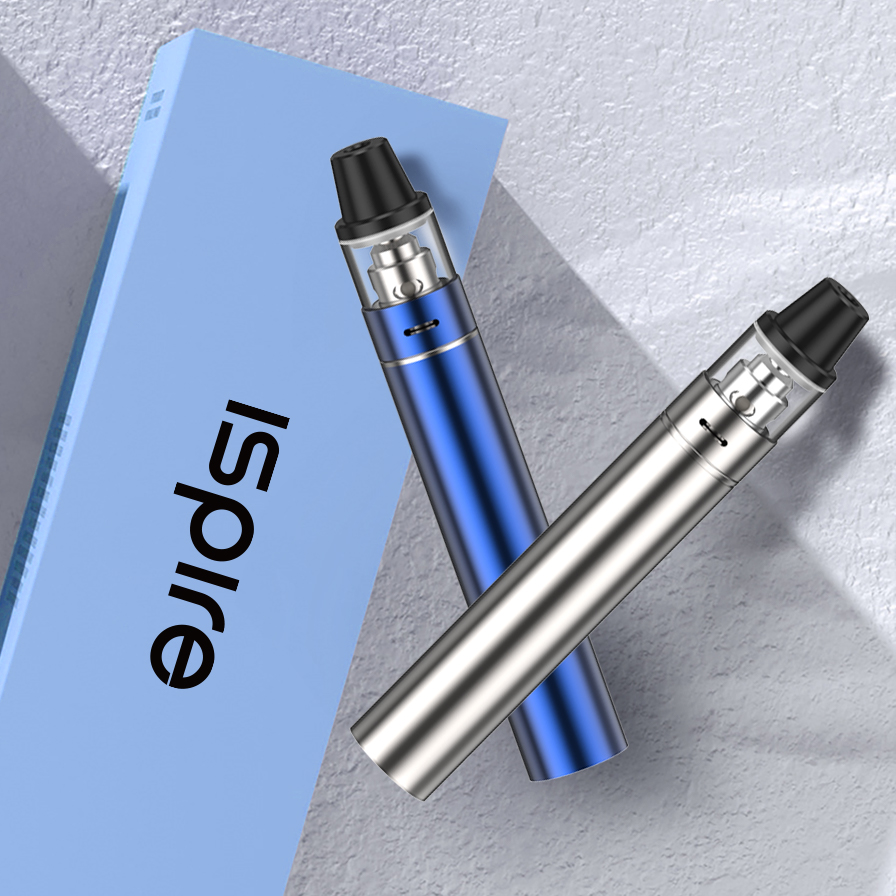

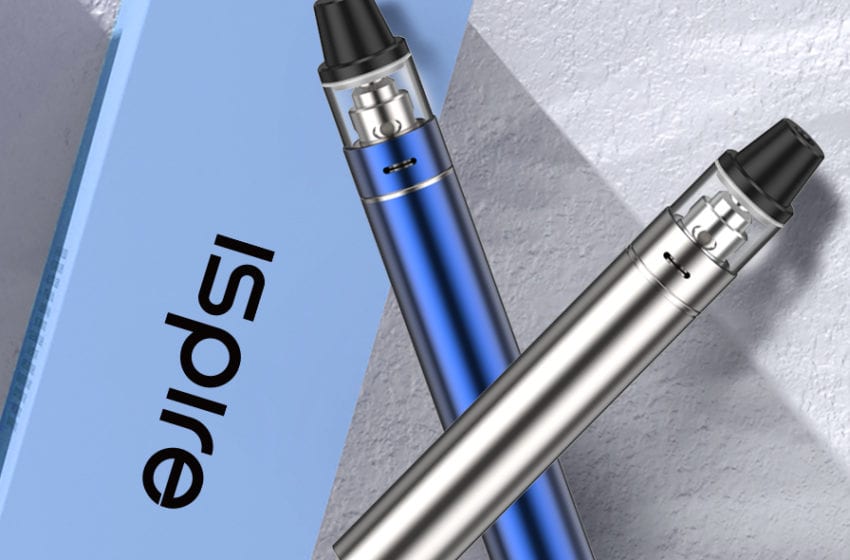
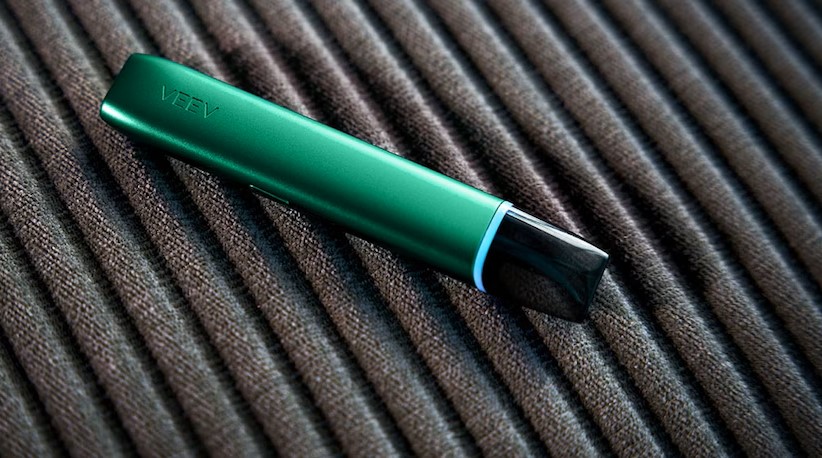
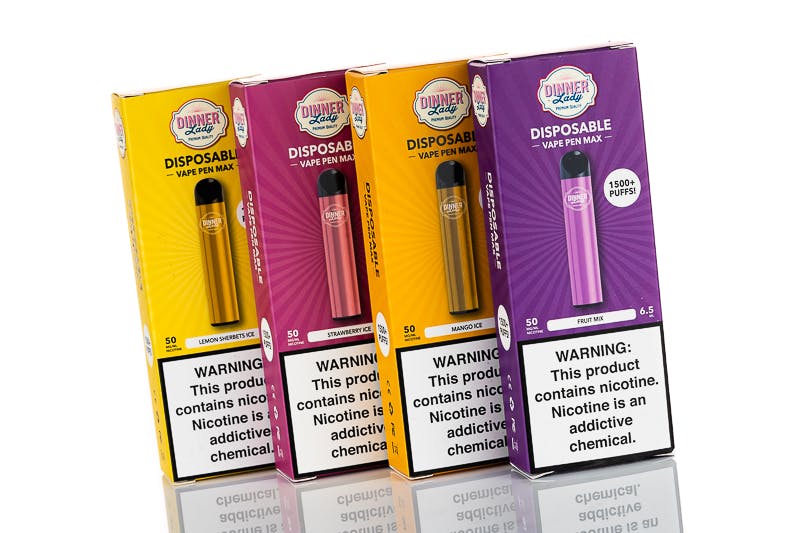
 The U.K. e-liquid and hardware brand Dinner Lady is attempting to leverage a network of overseas manufacturing facilities to maintain its product supply after a massive fire ripped through its factory last week .
The U.K. e-liquid and hardware brand Dinner Lady is attempting to leverage a network of overseas manufacturing facilities to maintain its product supply after a massive fire ripped through its factory last week .
